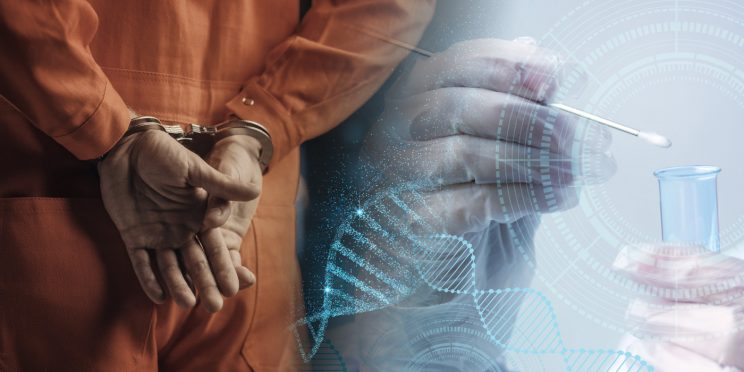Overview
This webinar will review the history of SNPs as forensic markers and discuss the design and development of large SNP multiplexes for use on massively parallel sequencing platforms for forensic and missing person identification.
The use of Single Nucleotide Polymorphisms (SNPs) for human identification has been postulated more than a decade ago and four major categories of SNPs have been identified for this purpose: Individual Identification SNPs (IISNPs); Ancestry Informative SNPs (AISNPs); and Phenotype Informative SNPs (PISNPs), and microhaplotypes (MHs). IISNPs are polymorphisms that collectively have very low probability of two individuals having the same multi-locus genotype. These markers, although individually less informative can be more effective than STRs on single source degraded DNA samples given the smaller target, but are of little use with mixtures. AISNPs are characterized by having allele frequencies that vary significantly across populations and can be used to infer the population of origin of an individual. PISNPs are in the coding or regulating region of proteins that play an important role in determining somatic traits and can be used to infer the physical appearance of an individual. MHs are loci of two or more SNPs within a short distance from each other with three or more allelic combinations and can provide both individualizing and ancestry information.
A certificate of completion is available for all who register and attend this webinar.
Presenters
- Kenneth Kidd
- Chris Phillips
- Tom Parsons
Funding for this Forensic Technology Center of Excellence webinar has been provided by the National Institute of Justice, Office of Justice Programs, U.S. Department of Justice.
The opinions, findings, and conclusions or recommendations expressed in this webinar are those of the presenter(s) and do not necessarily reflect those of the U.S. Department of Justice.
Contact us at ForensicCOE@rti.org with any questions and subscribe to our newsletter for notifications.




